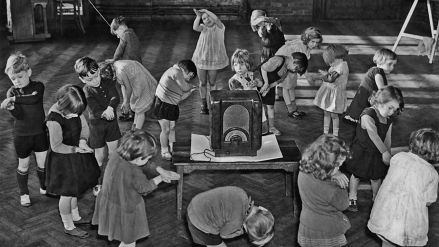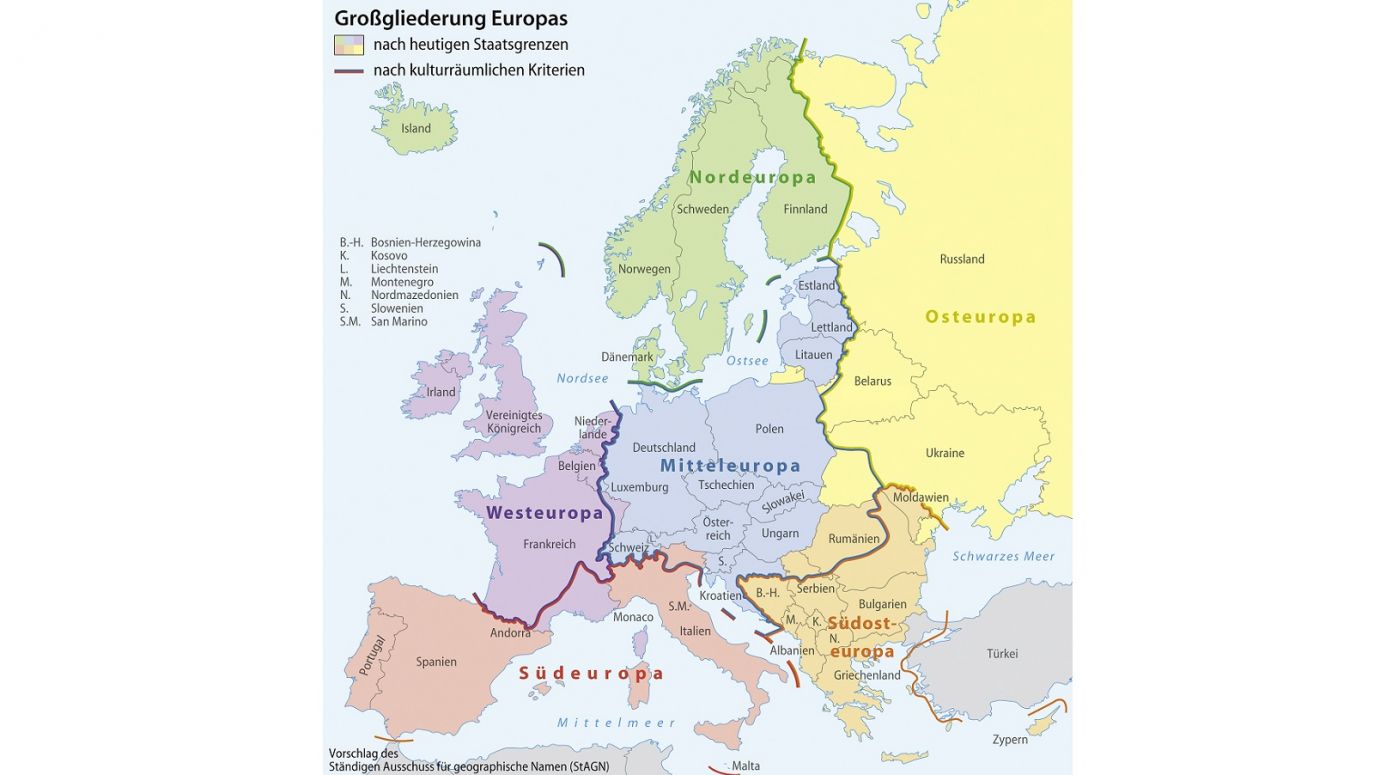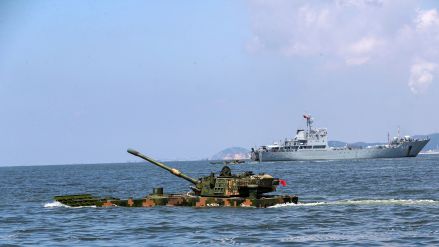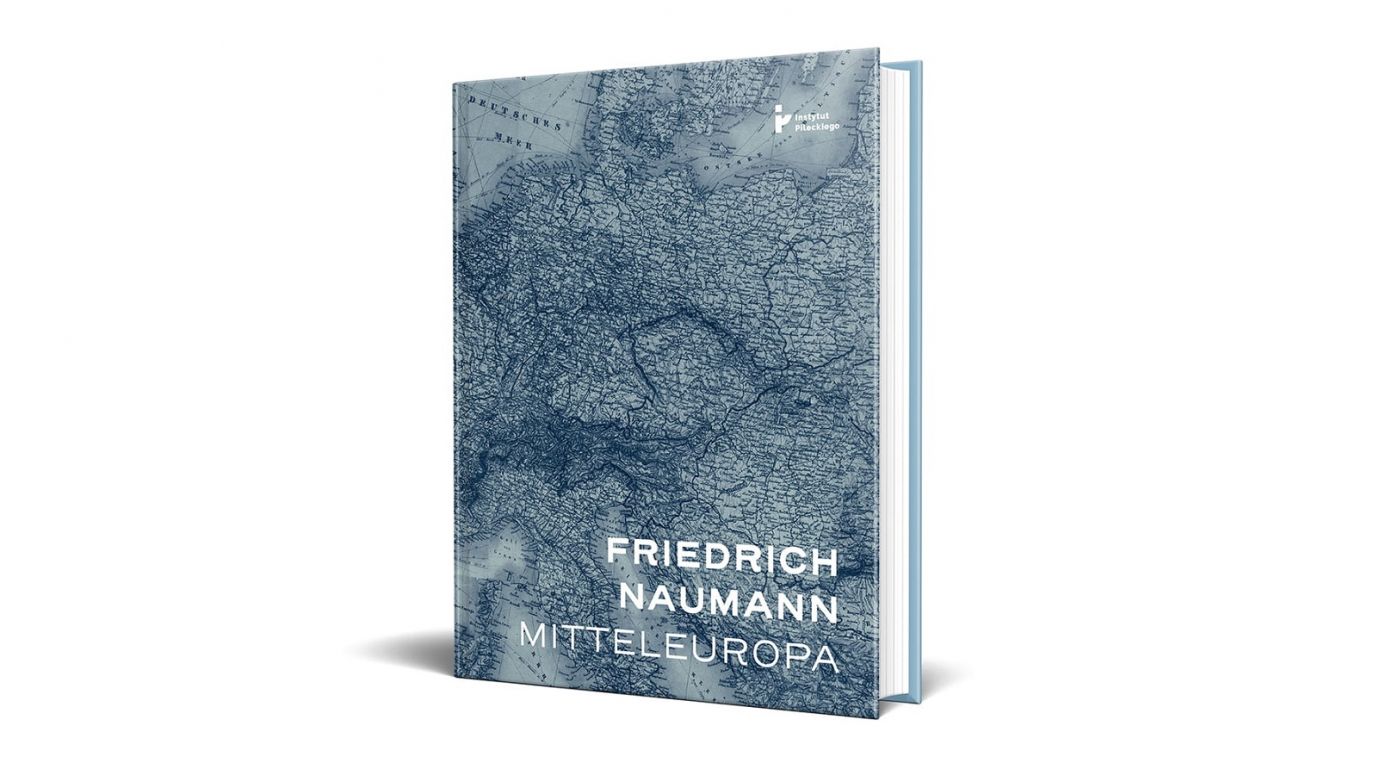
The British have even adjusted their meal times to the BBC radio programming.
see more
The author sums it up at the end of the book:
“Do let me transfer the so-far theoretical arguments into a convincing picture. I visualise a scene ten years from now – ok, let it be even more than that. Let’s say I went to Prague to visit the chairman of the Central European economic commission. I asked the host: »How are the relations with the Czechs and other non-German inhabitants of Mitteleuropa?« Oh – he replied – the beginning was not easy because we speak German in our office, but in the end, contact with us turned out to be much too important for Czech farmers and entrepreneurs. Besides, I can incorporate a Czech word here and there. Sometimes it really helps people to understand German better. (…) a large economic area can only be governed well if a certain degree of humanity is preserved.”
And how possibly could you not like Friedrich Naumann - a human master, even though the spirit of history sets for people like him the most necessary and daunting tasks, also called - by the author, in various parts of the text - a challenge, a journey, and even an adventure.
“I wouldn’t like to deal with human work other than undertaking the greatest tasks. We have significant roots and numerous virtues, we are also able to carry out tasks consistently, but only now do we face a real challenge - the culture of Mitteleuropa is to be crystallised around Germany, to notice the human type in the heart of the continent among the French, Italians, Turks, Russians, Scandinavians and English. We are looking for this middle European model!”
One thing is clear: Germany, as the headquarters of every empire, is supposed to control its periphery, i.e. Mitteleuropa, through economic, political and cultural influence. This concept already got into circulation during the Spring of Nations (1848–1849), and the task of historians and political scientists should be to investigate whether and to what extent this idea is still present in German political thinking. And every columnist dealing with Polish-German relations should consider Naumann's book an essential reading.
Maybe history and political science literature, as well as journalism, will explain what we should and want to know: "While observing the increased concern of German politicians for the »rule of law« in various Central European countries, the expansion of the German »economic type« within the framework of the European Union and the activity in the cultural field in our region of Europe - with foundations affiliated to the largest German political parties, can we talk about Mitteleuropa 2.0?” – wrote Professor Grzegorz Kucharczyk at the end of his introduction to the book.
– Krzysztof Zwoliński
TVP WEEKLY. Editorial team and jornalists
– translated by Katarzyna Chocian 

 SIGN UP TO OUR PAGE
SIGN UP TO OUR PAGE 







